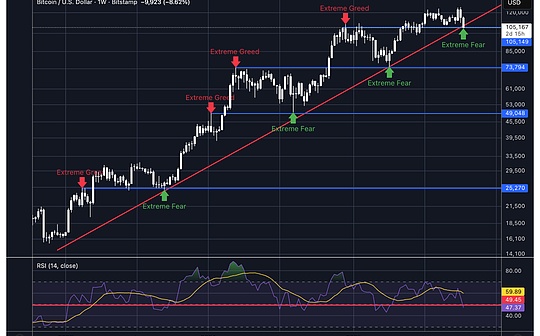
Source: cryptoslate
Bloomberg ETF analyst James Seyffart believes the next phase of the application of cryptocurrency exchange-traded funds (ETFs) will be driven by financial advisers, large securities companies and brokers who manage assets for high-net-worth individuals.
Seyffart outlines how these financial institutions that manage trillions of dollars in assets can play a central role in expanding the Bitcoin ETF market in the “Coin Stories” podcast.
He noted that Bitcoin (BTC) ETFs performed unusually strongly in their first year in the market, exceeding expectations from many analysts.Although Bloomberg remains optimistic about these ETFs, he admits that it actually performed more than they expected.
Seyffart said:
“There have been some outflows in recent weeks, but since their launch, they have had a maximum amount of $40 billion, while their assets are as large as $110 billion. IBIT is one of the largest ETFs with trading volume, reaching $50 billion in a few hundred days, with previous records being over a thousand days. So, no matter how you look at it, they break every record you can see.”
Given this momentum, he recommends gradual adoption of Bitcoin ETFs as a portfolio allocation tool for high net worth clients to drive sustained success.
Large enterprises enter
Although large companies such as BlackRock recommend 1% to 2% of BTC in their portfolios, Seyffart stresses that “large institutions and large banks” do not allow investors to buy cryptocurrency ETFs.
He added that large brokerage firms, financial advisors and brokerage platforms control a large amount of capital for super-rich investors, including billionaires.
These entities influence asset allocation decisions for a wide range of financial portfolios.Seyffart said that if these institutions start using Bitcoin ETFs as an affiliate of their portfolio (e.g., 5%), it could lead to continued growth in adoption.
In addition to institutional adoption, Seyffart also notes that businesses, states and even states include Bitcoin on their balance sheets.This may contribute to the legitimacy and stability of Bitcoin as an asset class in traditional finance.
However, he stressed that the increase in acceptance of financial intermediaries may be the main driver of ETF growth.








